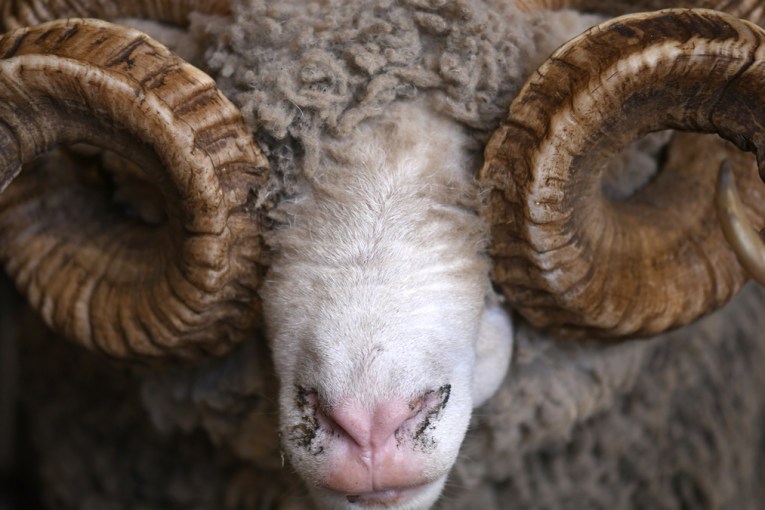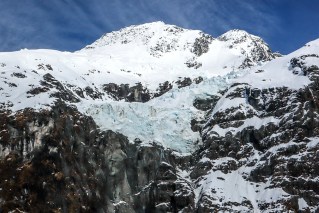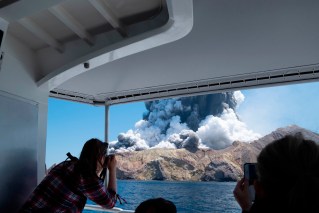Celebrities love it, NZ wants to own it: The manuka honey battle continues

Manuka honey is to New Zealand what Champagne is to France.
It’s expensive, adored by the wealthy and a source of national pride.
But unlike Champagne, which has been protected since 1967 as an “Appellation of Origin”, manuka honey – to the disdain of New Zealanders – is not.
The market is forecast to be worth $1.27 billion globally by 2027, fuelled by American celebrities like Scarlett Johansson and Gwyneth Paltrow.
For years, a group of Kiwi producers have been fighting for exclusive rights to the word mānuka, arguing it is a Māori name tied to New Zealand, like the term ‘Champagne’ is to a region in France.
But Australia also produces what it calls manuka honey, using the same species of plants.
NZ has been fighting to trademark the term, a move that would not only sour Australia’s manuka industry, it would set a precedent across the globe.
The hearing was due to start on Tuesday, but was hit with a last-minute delay.
The Australian Manuka Honey Association (AMHA) says our industry will suffer a “devastating impact” if NZ claims the manuka trademark.
Instead, it wants the parties to come to a compromise, so that Australia can still use the term manuka while NZ uses the trademarked Māori versions, mānuka or maanuka.
“While this case is about the right to use the term manuka honey in NZ, it would in reality have an impact on all the international markets that we look to sell our Australian manuka honey because of surrounding uncertainties,” AMHA chairman Paul Callander said.
What’s all the buzz about?
For the companies selling manuka honey, it’s liquid gold.
The substance has a sticky, thick consistency and contains high levels of the antibacterial compound methylglyoxal.
This makes it a good treatment for burns, ulcers, wounds and possibly sore throats.
In its purest form, 100 grams of the honey can cost up to $130 – more than 100 times the price of normal honey.
Part of the reason it’s so expensive is because the flower that produces the nectar is very rare.
The plant leptospermum scoparium is commonly known by the Māori word, mānuka.
Although dozens of these plant species can be found in Australia, the specific variety is native only to NZ, which accounts for most of the world’s production.
Not only are these flowers rare, collecting the honey itself is a real challenge.
“It’s difficult to harvest, because the flower is only open for 12 days,” John Rawcliffe, administrator for New Zealand’s Unique Manuka Factor Honey Association, told Business Insider.
“Sometimes we have to use helicopters to collect this honey.”
Attention from A-list American celebrities is guaranteed to have jacked up the price even further.
Actor-turned-health-guru Paltrow has long celebrated the product as a must-have superfood, while Johansson says she lathers it on her face to achieve “incredibly soft skin”.
In 2017, American socialite Kourtney Kardashian became a global ambassador for Manuka Doctor’s honey and skincare products.

Kourtney Kardashian. Photo: Instagram
Potential flow-on effects
The fight to trademark the term manuka extends far beyond NZ, Mr Callander warned.
Trademarking a descriptive term would also set a precedent for other products, he said, “so it is not just manuka producers who are watching closely”.
One example of this is our battle with Italy over the term prosecco.
In 2019, our free trade negotiations reached a fizzing point when the European Union asked Australia to recognise prosecco as a geographic indication (“GI”) of northern Italy, rather than as a grape variety.
The request, which would ban Australian wine producers from marketing wine as prosecco, sparked fierce backlash.
It also signalled more trademark battles to come.
Australian producers of brie, feta, parmesan, kalamata olives, puy lentils and balsamic vinegar could also suffer if future attempts by the EU to expand GI protection to words are successful.
Under GI rules, even descriptions that clearly state the origin of the goods such as “Australian feta” or “camembert-style” could be banned.








